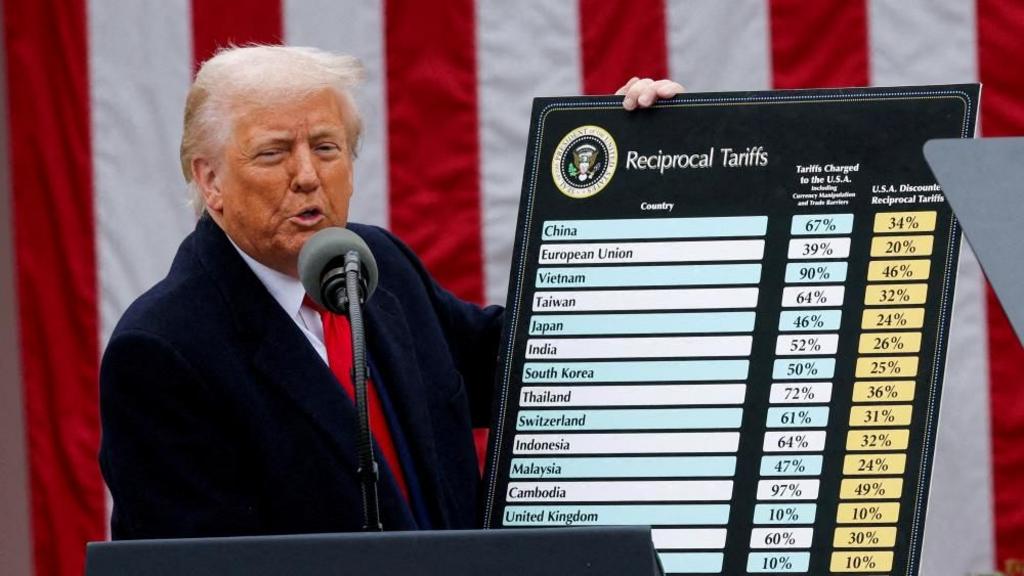The tariff policies implemented during Trump’s presidency had a significant impact on international trade and the U.S. economy. By imposing tariffs on goods from countries like China, the goal was to encourage domestic manufacturing and reduce trade imbalances. However, these actions led to increased costs for U.S. businesses and consumers, as many imports became more expensive.
Internationally, these tariffs sparked trade disputes and retaliatory tariffs, particularly with major trade partners like the European Union and China. This disrupted global supply chains, affected multinational companies, and created uncertainty in international markets.
While some industries, particularly those in steel and aluminum production, saw benefits, others—such as agriculture—faced losses due to retaliatory tariffs. The U.S. government also negotiated new trade deals, like the USMCA with Canada and Mexico, aiming to reshape regional trade.
Ultimately, the long-term impacts of these tariffs are still being studied, but they undeniably reshaped global trade dynamics and posed challenges for businesses across borders.

